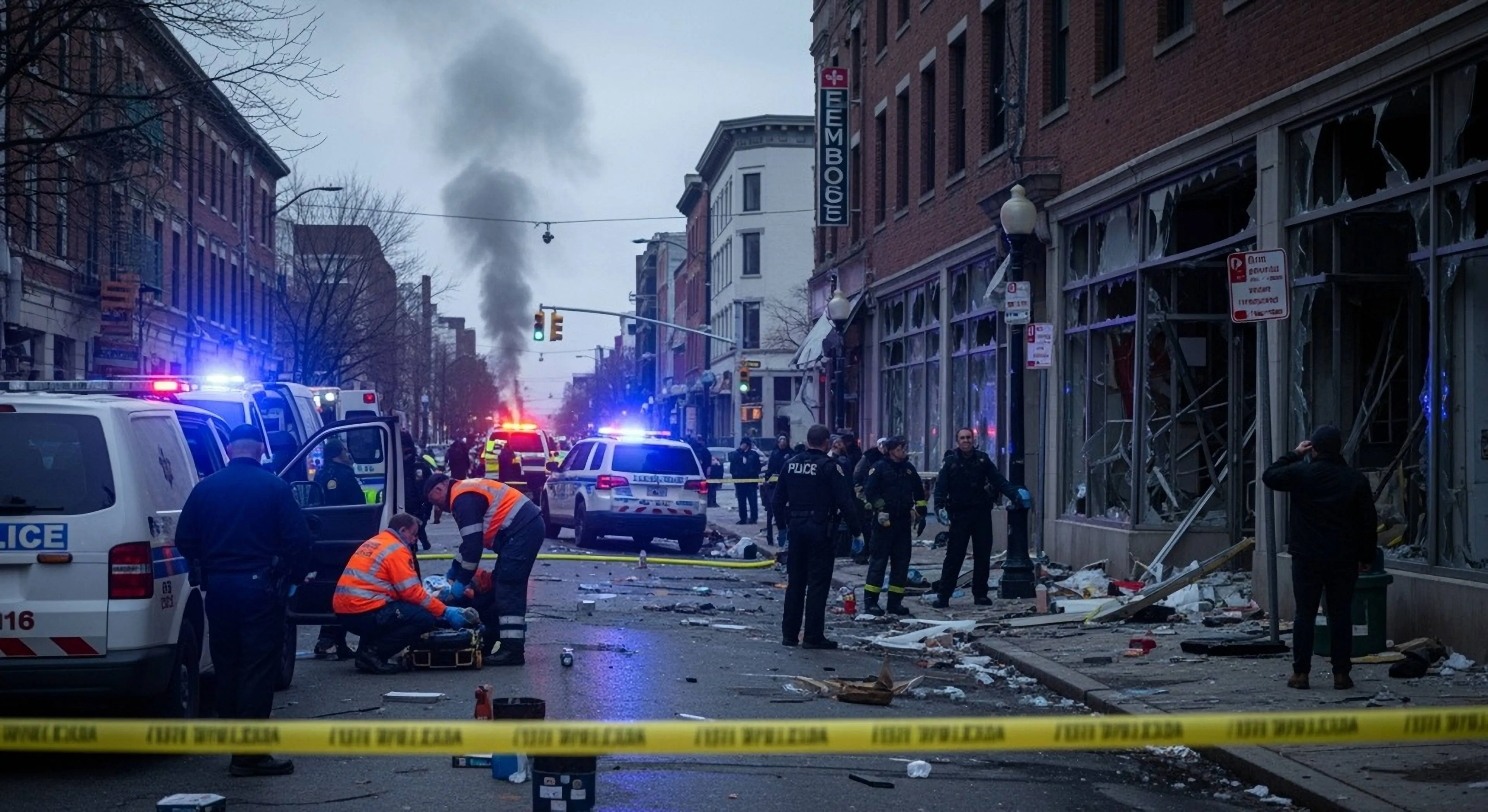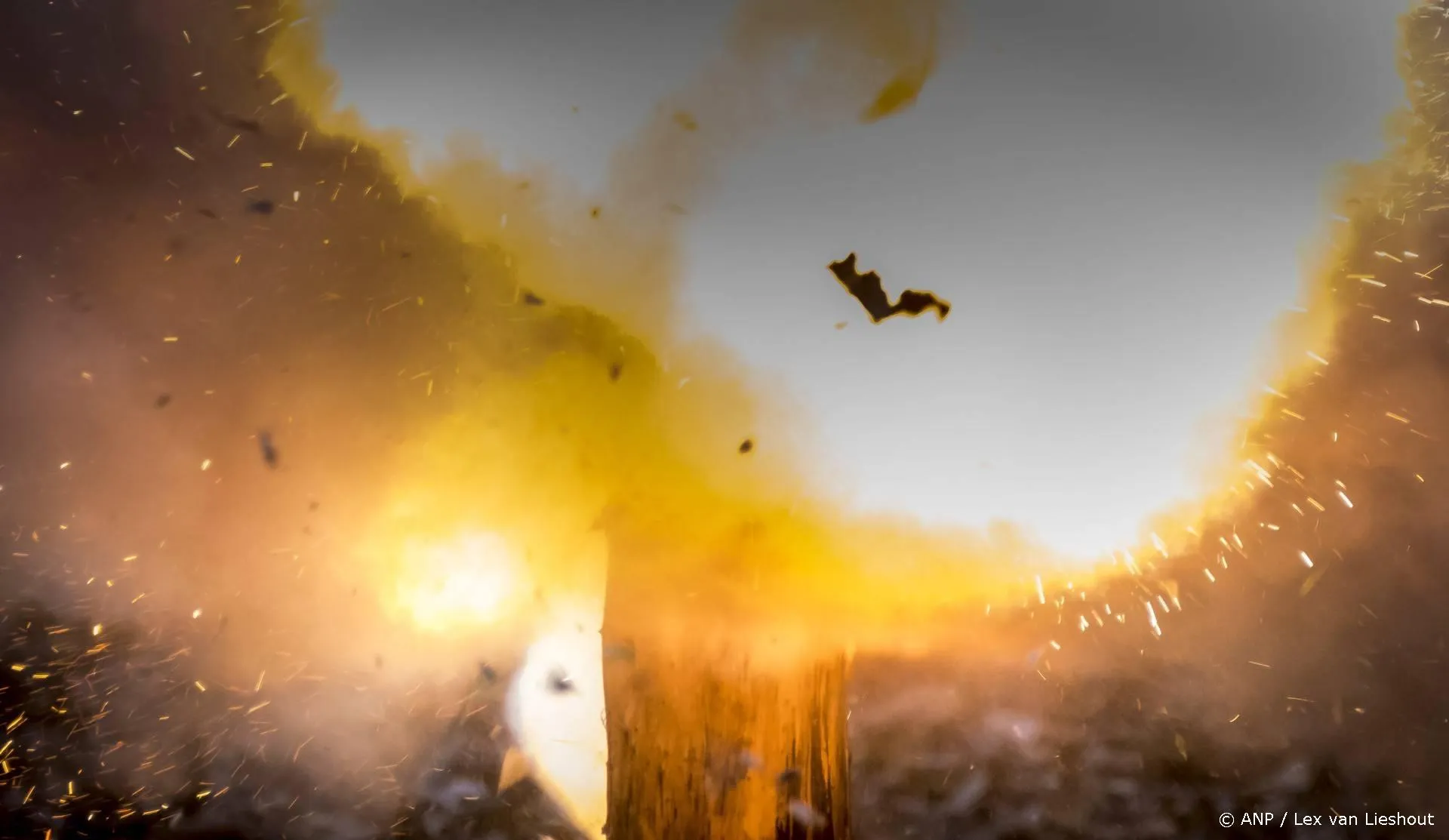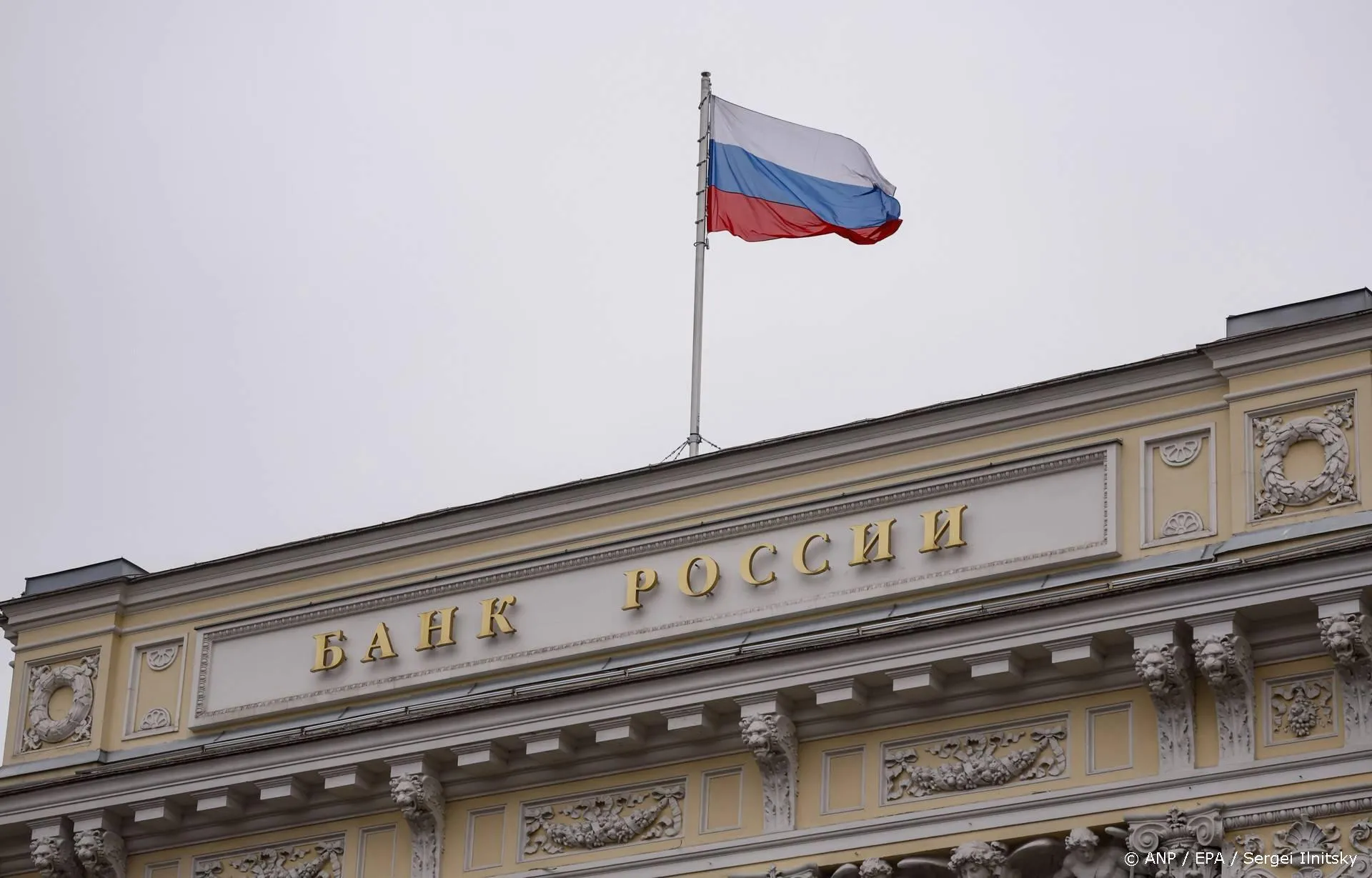International Energy Agency (IEA) als apostel van het broeikasevangelie
Het IEA was ooit een serieuze organisatie. Onder Maria van der Hoeven is de organisatie verloederd tot een apostel van het broeikasevangelie.
Waar het om energieanalyses gaat, is het IEA nog steeds gezaghebbend. Maar dit gezag wordt de laatste tijd sterk ondermijnd door het meesurfen op de klimaathype. Kan het IEA zelfstandig oordelen over de de klimaat'problematiek'? Het organisatieschema vermeldt geen onafhankelijke analysecapaciteit op dat terrein. Hieruit kan worden geconcludeerd dat de organisatie kritiekloos de alarmistische opwarmingsboodschap van het VN-klimaatpanel (IPCC) napapegaait.
Onder de titel, 'The IEA dares not lose faith in a "clean energy future"', bespreekt Karel Beckman in de onvolprezen 'European Energy Review' het recente IEA-rapport: ' Energy Technology Perspectives 2012'.
Karel Beckman:
The International Energy Agency's latest Energy Technology Perspectives report presents a bleak picture of the world's current state of progress towards a low-carbon energy system. Nevertheless, the IEA tries to put a brave face on things. "We can still get on track on a clean energy future", says Executive Director Maria van der Hoeven. Probably the brighest spot is the growing enthusiasm worldwide for emission trading - just at a time when the EU's Emission Trading Scheme (ETS) has fallen into disrepair.
The IEA, wasn't that the club that predicted last summer that the world is about to enter a "golden age of gas"? Last month, it sounded a slightly different note, when it published its Energy Technology Perspectives 2012, its major bi-annual report that lays out "pathways to a clean energy system".
Around 2030, said IEA Executive Director Maria van der Hoeven at the presentation of report on 11 June, natural gas becomes a "high-carbon" fuel. This is because by that time it does not replace coal anymore in power generation. To keep gas in the mix, gas-fired power will then have to be combined with carbon capture and storage (CCS) or we will have to envisage a decline in its use, said Van der Hoeven.
Is the IEA contradicting itself here? Not really. It would be better to say that the IEA is an organisation that has two faces. With its "realistic" face, it tells the world what energy trends to expect in a business-as-usual scenario. Gas occupies the top spot in this case. But the IEA also has an idealistic, highly climate-conscious face. This is when it is warning the world that drastic measures are needed to avoid a climate catastrophe. For instance, that natural gas cannot be continued to be used indefinitely (beyond 2030) in the same way as today, unless very, very heavy investments are made in CCS.
Welnu, dit is flauwekul. Inmiddels is in Duitsland de CCS-optie definitief van de baan, niet in de eerste plaats omdat het technisch onmogelijk dan wel niet rendabel blijkt, maar - volgens de officiële lezing - vanwege de maatschappelijke weerstand.
The Energy Technology Perspectives 2012 (ETP2012) report falls in the category of the IEA's "idealistic" publications. [Noot HL: Ik zou zelf de voorkeur hebben gegeven aan het adjectief nonsensical] That is to say, it shows the world what is needed to get us "on track to a clean energy future", as Maria van der Hoeven put it. ETP2012 repeats a message that the IEA has been giving out for some time now. And it is a mixed message.
In Van der Hoeven's words: "Are we on track to a clean energy future? No. Can we get on track? Yes."
But can we, really? Of course it is understandable that the IEA wants to sound inspiring rather than defeatist. Van der Hoeven stressed that the energy transformation needed to limit the expected rise in temperature as a result of global warming to 2 degrees Celsius, represents a "golden opportunity" for low-carbon technologies. "If significant policy action is taken", she said, "we can still achieve the huge potential for these technologies to reduce CO2 emissions and boost energy security."
Indeed, according to the IEA, the transformation to a low-carbon energy system will actually save us money. "The technological revolution will not be cheap", says the IEA, "but the long-term benefits far outweigh the costs."
Vele serieuze studies hebben aangetoond dat dit onzin is. Het is een geloofsartikel van het ecologisme, maar deze stelling wordt niet bevestigd door de ervaring in de praktijk. De zogenoemde duurzame energie (wind en zon) kan alleen maar overleven dank zij subsidies. Wegens de noodzaak van het opvangen van uitval van deze intermitterende energiebronnen, kan geen fossiele energie worden bespaard. Er dient altijd een 100% back-up capaciteit beschikbaar te zijn. Elke 'groene' baan in de duurzame sector gaat gepaard met een verlies van een veelvoud aan banen in andere sectoren. Dat is de conclusie van vele onderzoeken die inmiddels zijn gepubliceerd door gerenommeerde wetenschappers en gezaghebbende wetenschappelijke instituten.
So if the energy transformation is such a clear winner on the environmental, economic and political fronts, what is stopping us from achieving it? For the ETP2012 is hardly an optimistic account of the current state of affairs. On the contrary, it paints, in its own words, a "bleak picture" of our "current progress in clean energy".
Lees verder hier.
Maar daarvoor is natuurlijk wel een oplossing volgens het IEA: meer overheidsinvloed! Daarbij schetst het IEA een beeld dat regelrecht uit de Sovjetkoker afkomstig had kunnen zijn met veel decarbonisering (= deïndustrialisatie en dus welvaartsverlies).
Helaas is de laatste jaren op tal van terreinen duidelijk geworden dat overheden niet in staat zijn om grote maatschappelijke problemen op te lossen. Overheden zijn er daarentegen wèl goed in om problemen te creëren waar die eerst niet bestonden. Een bekend Nederlands politicus heeft mij ooit eens toevertrouwd dat als de overheid er in slaagt haar vingers ergens achter te krijgen, men ervan verzekerd kan zijn dat de zaak fout loopt. Daarvan zijn tal van voorbeelden te vinden, zoals de trouwe lezers van DDS maar al te goed weten. Maar dat lijkt toch nog niet tot Maria van der Hoeven en haar IEA te zijn doorgedrongen.
PS,
NOS blundert bij berichtgeving over smelten ijskap Groenland
In haar berichtgeving heeft de NOS zich jarenlang als propagandist van de klimaathype opgesteld. Als excuus mag dienen dat de NOSredactie niet over (kritische) wetenschapsjournalisten beschikt. En dat heeft nog steeds geen prioriteit. De laatste tijd is de berichtgeving van de NOS op klimaatgebied echter toch aanzienlijk verbeterd. Paniekzaaierij bleef achterwege. Maar bij de berichtgeving over het smelten van de Groenlandse ijskap ging het weer eens mis. Op zijn website 'Staat van het klimaat', geeft Marcel Crok aan wat er niet aan deugde. Onder de titel, 'Klimaatsufferdje NOS-journaal blundert grotesk met ijskap Groenland', deed Riepke Zeilmaker het op Climategate.nl op zijn onnavolgbare manier nog eens dunnetjes over.
In haar berichtgeving heeft de NOS zich jarenlang als propagandist van de klimaathype opgesteld. Als excuus mag dienen dat de NOSredactie niet over (kritische) wetenschapsjournalisten beschikt. En dat heeft nog steeds geen prioriteit. De laatste tijd is de berichtgeving van de NOS op klimaatgebied echter toch aanzienlijk verbeterd. Paniekzaaierij bleef achterwege. Maar bij de berichtgeving over het smelten van de Groenlandse ijskap ging het weer eens mis. Op zijn website 'Staat van het klimaat', geeft Marcel Crok aan wat er niet aan deugde. Onder de titel, 'Klimaatsufferdje NOS-journaal blundert grotesk met ijskap Groenland', deed Riepke Zeilmaker het op Climategate.nl op zijn onnavolgbare manier nog eens dunnetjes over.
Het siert de NOS dat het bericht snel werd gerectificeerd. Dat gebeurde vroeger niet. Maar het kwaad was al weer geschied.
Voor mijn eerdere DDS-bijdragen, zie:
Ga verder met lezen
Dit vind je misschien ook leuk
Laat mensen jouw mening weten
Lees ook
Loading


